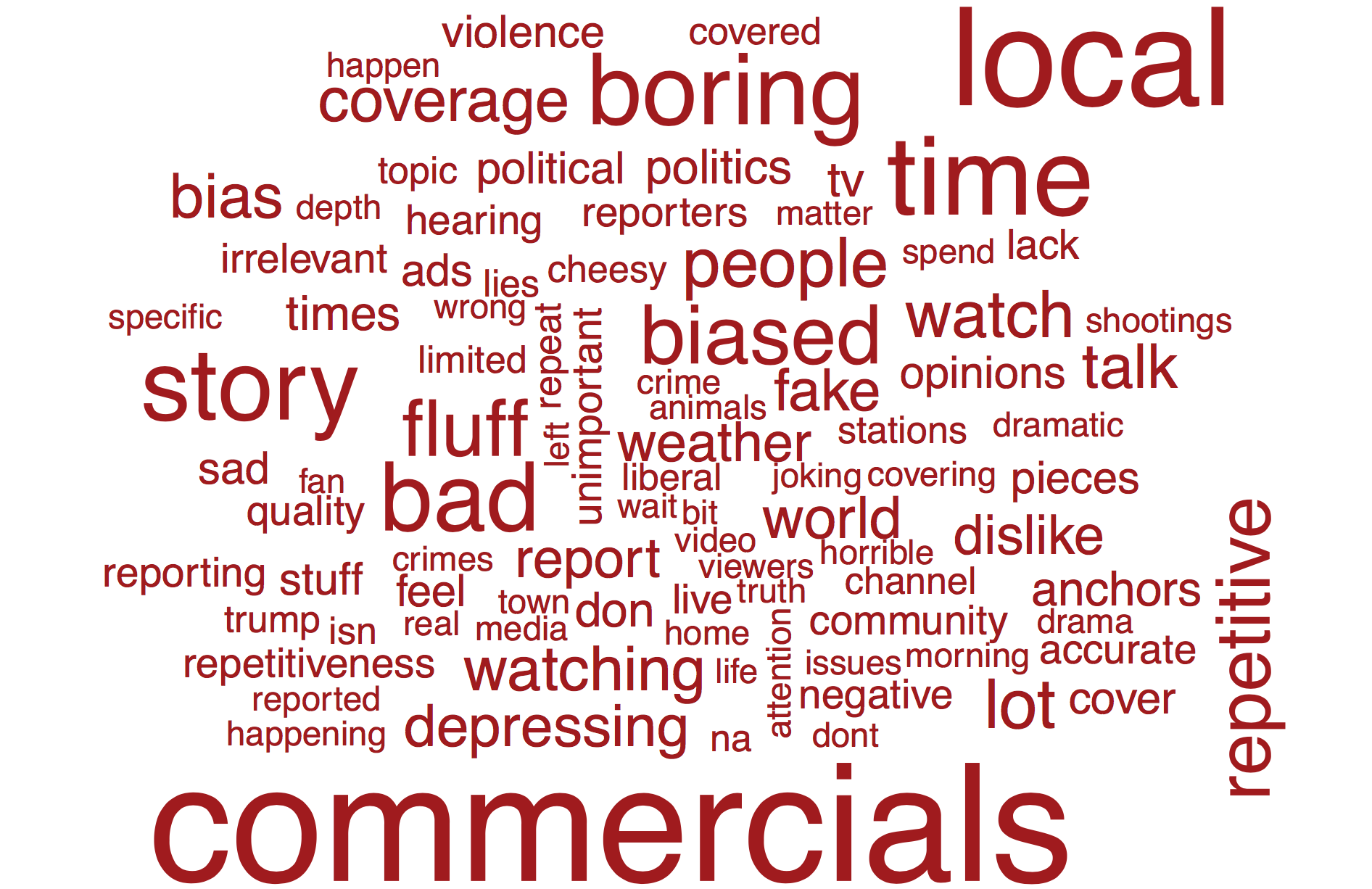Unknown Facts About Local News Online
Unknown Facts About Local News Online
Blog Article
The 30-Second Trick For Local News Online
Table of ContentsWhat Does Local News Online Mean?The Ultimate Guide To Local News OnlineLocal News Online for BeginnersSome Known Facts About Local News Online.The 8-Minute Rule for Local News OnlineThings about Local News Online
The number of times a post obtains shared on is pertinent for protestors, political leaders, writers, online-publishers and marketers. They hence have a passion in recognizing the variety of shares, ideally also anticipating it prior to the post is being released. With brand-new techniques of such as it is possible to gain insights right into the core features of a write-up.The features are composed of variables explaining words, links, electronic media, time, key phrases, insights from and the number of article shares. With the dataset being openly offered, a fair quantity of data evaluation has actually been carried out.
One "classification evaluation". 30 November 2020. utilized machine finding out techniques, namely,,, and to forecast the leading ten percent most regularly shared posts. The conclusion is, that the ordinary key phrases within a post and the average appeal of said search phrases have the biggest impact on the amount of shares a write-up gets.

The Main Principles Of Local News Online
Archived from the original on Sep 28, 2007. Andersen, Kurt (15 February 2007). "You Must Be Streaming". NYMag. Archived from the initial on Nov 29, 2023. Silberman, Steve (17 March 1997). Wired. Archived from the initial on Apr 29, 2023. Shedden, David (2004-12-16). "New Media Timeline (1980 )". Poynter. Archived from the initial on Feb 3, 2024.
BBC Information. Bench Research study Facility's Journalism Project. Reuters Institute Digital Information Report 2013.
This year's record is available in the midst of a global wellness pandemic that is unprecedented in modern-day times and whose economic, political, and social repercussions are still unraveling. The severity of this crisis has actually enhanced the need for dependable, accurate journalism that can notify and inform populations, but it has also advised us how open we have come to be to conspiracies and misinformation.

Not known Factual Statements About Local News Online
Journalism matters and is in need again. One trouble for publishers is that this added passion is producing also much less revenue as marketers brace for an unavoidable recession and company website print profits dips. Against this history it is most likely we'll see an additional drive towards electronic subscription and various other viewers payment models which have actually shown significant guarantee in the last few years.
At the exact same time, the usage of online and social media sites substantially boosted in a lot of nations. WhatsApp saw the greatest development generally with increases of around 10 percentage points in some countries, while majority of those evaluated (51%) made use of some type of open or closed online group to link, share details, or participate in a local support network.
Media trust was more than two times the level for socials media, video clip platforms, or messaging solutions when it concerned information about COVID-19. From our broader dataset collected in January: Worldwide concerns concerning misinformation remain high. Even prior to the coronavirus crisis hit, more than fifty percent of our international example claimed they were worried about what is true or false online when it concerns information.
The 6-Second Trick For Local News Online
In our January poll across countries, less than four in ten (38%) claimed they trust most news most of the moment a fall of 4 percent factors from 2019. Much less than half (46%) claimed they rely on the news they utilize themselves. Political polarisation connected to increasing uncertainty appears to have threatened depend on in public broadcasters in specific, which are losing assistance from political partisans from both the right and the.
Partisan choices have somewhat enhanced in the United States since we last asked this question in 2013 however even here a silent bulk appears to be looking for news that at least attempts to be objective. As the information media adjust to transforming styles of political communication, many people (52%) would like them to plainly report incorrect statements from politicians as opposed to not stress them (29%).
We have actually seen considerable boosts in payment for online information in a number of countries including the United States 20% (+4) and Norway 42% (+8 ), with smaller sized surges in a series of other markets. It is very important to keep in mind that throughout all countries most individuals are still not paying for on-line news, even if some authors have because reported a 'coronavirus bump'.
The smart Trick of Local News Online That Nobody is Discussing
Clients think they are improving information. However, a a great deal of people are flawlessly material with the information they can access free of charge and we observe a very high percentage of non-subscribers (40% in the USA and 50% redirected here in the UK) who claim that absolutely nothing can encourage them to pay.
Accessibility to news continues to end up being extra dispersed (Local News Online). Across all countries, just over a quarter (28%) prefer to start their information journeys go to this web-site with a website or app. Those aged 1824 (so-called Generation Z) have an also weaker connection with websites and applications and are more than twice as likely to prefer to gain access to information through social media sites
To counter the transfer to different systems, publishers have been wanting to build straight links with customers using email and mobile informs. In the USA one in 5 (21%) gain access to a news email weekly, and for practically half of these it is their primary way of accessing news. North European countries have been much slower to take on email information channels, with just 10% using email news in Finland.
Report this page